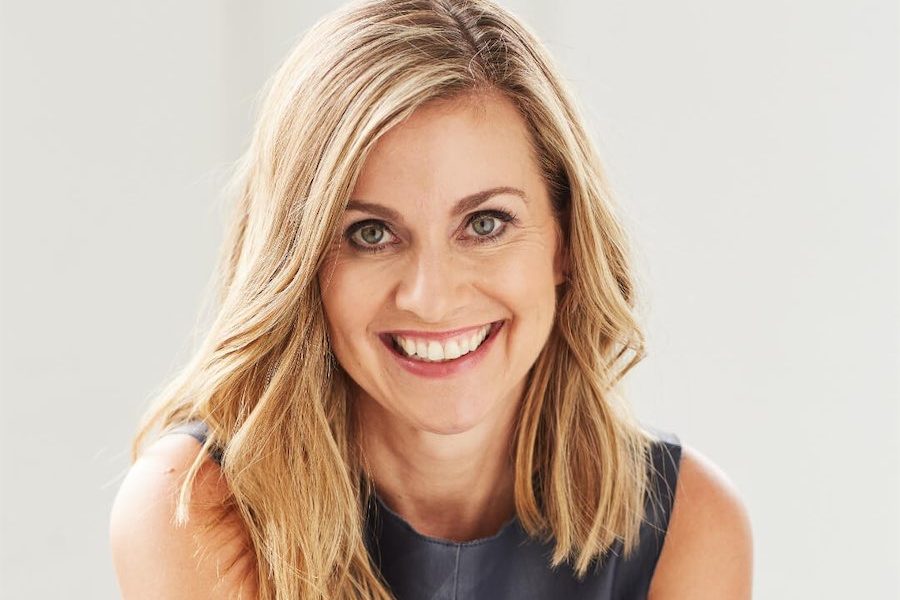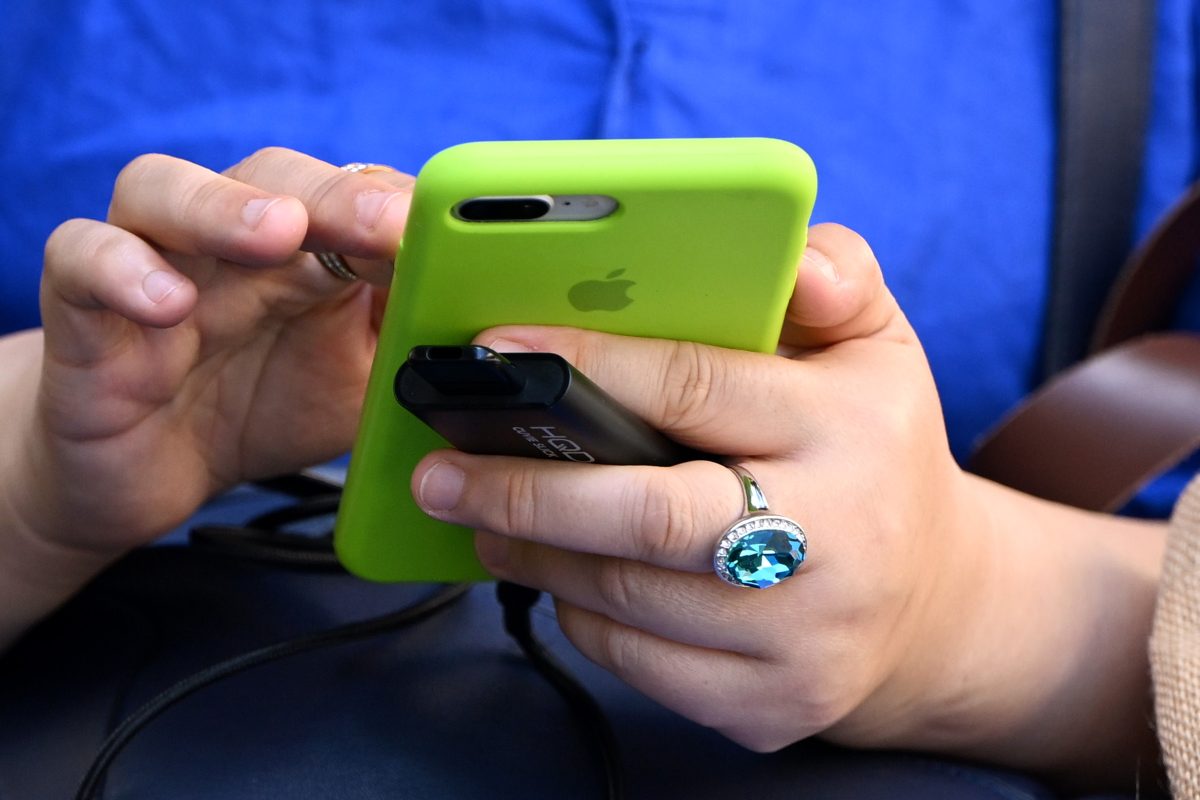WHEN serious illness forced Brian Tunks, the founder of international homewares brand Bison, out of his Pialligo workshop for good last year, he found the silver lining.
“It wiped the floor with me and my doctor said: ‘No more production for you’, so now I’m not doing the production. I’m working with other studios around the world, they’re producing for me, but I’m teaching, and I love that,” he says candidly.
Brian’s core expertise is designing and making stoneware ceramics – bowls, plates, teapots and more – using an ancient technique for reproducing the same designs called slipcasting, and glazing them in his own range of bright colours. It’s also what made him sick, he thinks.
“I don’t design for the broader market,” he says later. “I design for me – which is shamelessly selfish – and I am so happy.”
The illness came as a blessing in disguise, making him “take a step back from everything”, and come back in a strategic role, focused on the company’s future.
He enjoyed the 17 years he spent in production, maintaining quality, but says that for an aspiring global brand, “it really limits how you can evolve”.
Over the years Bison has become a “lifestyle brand” with the addition of textiles and wood (sustainably sourced), and Brian’s currently working on his first soaps and candles (using WWF-certified palm oil) for a new brand he will launch soon.
“I was tired of going to places and seeing my pieces merchandised and they’d have these really atrocious fabrics with them, or bad glassware, or something else that just wouldn’t work, and you can’t say anything, so my way of taking back a bit of control was doing my own,” he explains.
Bison is already available in select shops around the world, such as New York’s Museum of Modern Art, but the new phase of expansion involves working with distributors in larger volumes, starting with the US, Asia and possibly the United Arab Emirates down the track.
He can also spend more time creating new designs now that he isn’t peronally producing the existing ones.
“Now I’ve got the flexibility to evolve, like doing the ‘Poplar’ range for Canberra’s Centenary; that was a big thing for me. I wanted to do something that was a departure from what I’ve done in the past, but still very clearly identifiable as Bison.”
Tunks started Bison after graduating with a Masters of Literature from the ANU, where he also studied ancient history, classics and archaeology. He spent time with a team digging up ancient pottery in Syria, “which they’re blowing up at the moment”, he reminds us.
There on the banks of the Euphrates River he saw “the evolution of design from the classical period to the contemporary” and mulled over doing a PhD in Sydney.
“I could either go into academia – which wasn’t looking too crash-hot in the Howard era, let me tell you – or start my own design company.”
In some kind of karmic consolation prize, lately he’s been getting invitations to give lectures, including one for an upcoming event at Brisbane’s combined Art Gallery and Gallery of Modern Art.
The new phase of Bison’s evolution also involves moving some of his production offshore, starting with Indonesia and Thailand. It’s scary, but “extremely liberating” for Tunks, who is obsessive about quality control and has a healthy disdain for the cheap, mass-produced goods he calls “cultural landfill”.
“I’m still balancing that. ‘Mass’ is huge, giant factories, and I would never put the brand into something like that. I tend to work with mid-sized production facilities, where the owner knows all of the staff by name, where there’s personal relationships, where there’s the possibility of developing something.
“I’m looking at working in certain emerging countries where I could do stuff like interface with an orphanage, and help fund education for women, things like that. I’m not Mother Teresa, but I think you have to try to improve the lot of other people you’re working with in a different setting.”
So far, he’s been absolutely appalled at the quality. It’s perfect.
“It’s amazing! I’m as anal as ever about QC and the horrendous thing is I spent so long doing the production that I became fixated on a certain standard, and now the people I’m working with are equalling my standard, or even better, and it’s depressing!”
Who can be trusted?
In a world of spin and confusion, there’s never been a more important time to support independent journalism in Canberra.
If you trust our work online and want to enforce the power of independent voices, I invite you to make a small contribution.
Every dollar of support is invested back into our journalism to help keep citynews.com.au strong and free.
Thank you,
Ian Meikle, editor




Leave a Reply